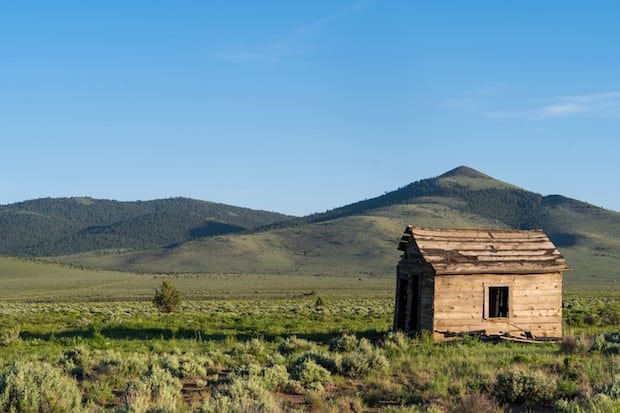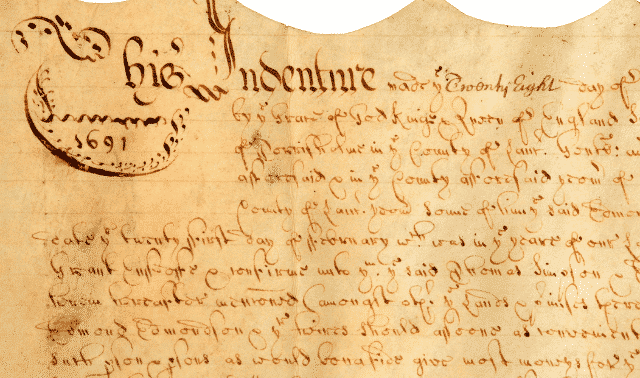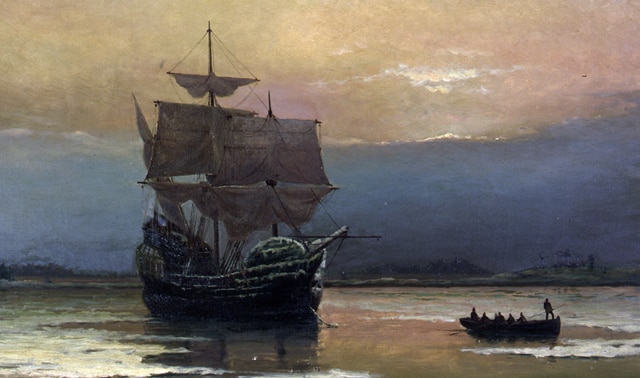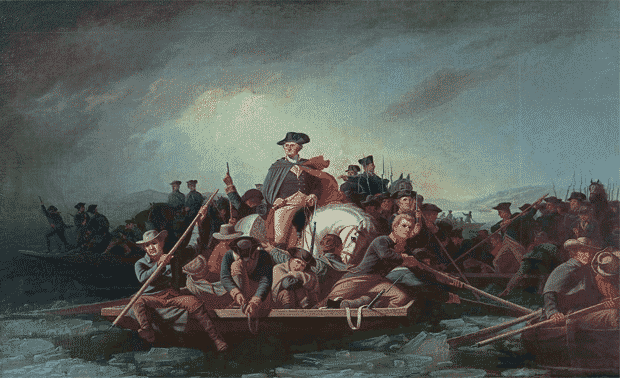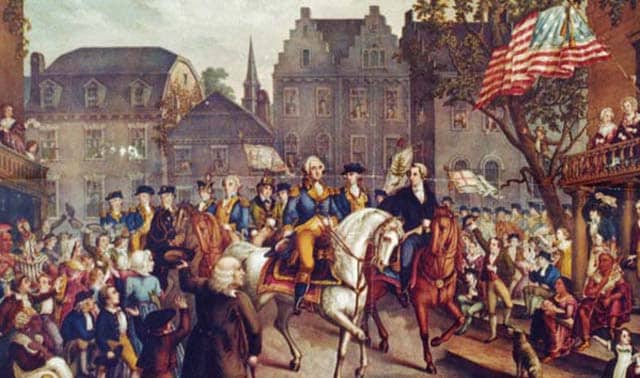Q. My great-grandparents Thomas and Elizabeth Teter came west on a wagon train after 1892. They lived in Memphis, Scotland County, Mo. Is there any way to verify their names on a roster or find out which wagon train they were on?
A. No comprehensive list exists of wagon trains and who was on them, and not all trains were documented, so you’ll have to search a variety of sources. It’ll help to know when and where your great-grandparents departed and arrived, and which wagon trail they followed. Re-examine your research for clues, look for your grandparents in US and territorial censuses, check their obituaries and search for land claims in the destination state (use the General Land Office records site).
Run a Web search search on your ancestors’ trail traveled using a search engine such as Google. For example, a search on oregon trail turns up an Oregon GenWeb. Try search terms such as wagon train genealogy and add the arrival and departure states and towns. That’s how we found a page with excerpts from an Akin family 1852 pioneer diary (now offline). Other interesting online sources include 1843 Wagon Train Pioneers, Gold Rush Journey and Cyndi’s List: Migrations.
Genealogical, historical and pioneer societies (such as the California Pioneer Society) in western states usually collect research materials and maintain registries of people who’ve proven their ancestors arrived before statehood. A distant cousin may have listed your family members or your family’s fellow wagon train passengers. Some groups focus on particular trails, such as the Oregon-California Trails Association.
Search state archives’ Web sites and online catalogs, too. Look for pioneer manuscript collections, trail diaries (even if it’s not your ancestor’s—another journaler may have mentioned your relatives) and published indexes of train members, such as California Wagon Train Lists, compiled by Louis J. Rasmussen (San Francisco Historic Records) in the California State Library. Pioneer museums might help, too—the End of the Oregon Trail Interpretive Center in Oregon City details trail history and names Pioneer Families of the Month on its Web site.
Local newspapers sometimes covered wagon train arrivals and departures, and also reported on trail happenings such as American Indian attacks. Be sure to check online newspaper resources as well.

